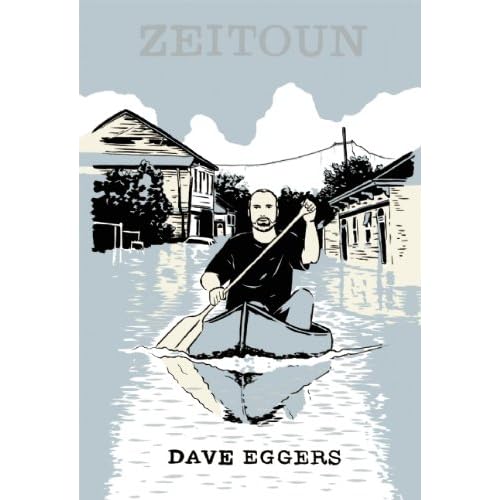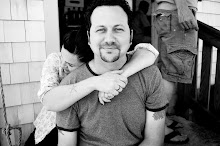 This cartoon appeared in Salon in the summer of 2000, in those innocent days when Bill Clinton was still president and when the death penalty was still our signature, national human rights embarrassment (before the days of President George Bush, rendition, and Guantanamo Bay).
This cartoon appeared in Salon in the summer of 2000, in those innocent days when Bill Clinton was still president and when the death penalty was still our signature, national human rights embarrassment (before the days of President George Bush, rendition, and Guantanamo Bay).That fall, in a capital defense clinic when I was a third year law school student, I was assigned to write a "post-conviction petition" for a man on death row in Alabama who - if not for my amateur legal assistance - would have had no legal representation at all and would have instead been forced to write his own petition, and conduct his own investigation, from his cell on death row.
On Nightline, Alabama's then-Governor Don Siegelman was asked by Ted Koppel whether it might reflect badly on the state of the criminal justice system in Alabama that law students were volunteering to work on these cases because of the lack of real, qualified lawyers. He either didn't understand the question or didn't care:
"There has not been one person whose final appeal on death row was not assisted by some of the top law firms in the country and wonderful law students at NYU and other great law schools around the country who participate . . ."
Bryan Stevenson, the inspirational director of Montgomery's Equal Justice Initiative and the professor at NYU Law that ran the clinic, spoke much more clearly about the issue:
"Any governor, any state that is relying on law students a thousand miles away to provide legal services to people on its death row, should not be bragging about that. I think that's an embarrassment. I think it's a shame. It's actually disrespectful to the people of Alabama in whose name these folks are going to be executed."
And Bryan Stevenson's closing remarks on Nightline ring just as true:
"There's no one about whom I would say doesn't deserve an opportunity to show why they shouldn't be executed. And even if you kill somebody, you're more than just a killer, and that a society committed to justice, fairness, human rights, has to be at least willing to examine whether there's more to this person than this terrible crime."










